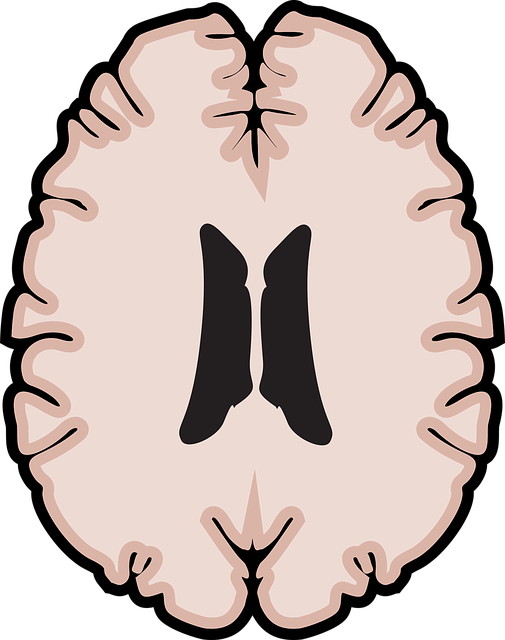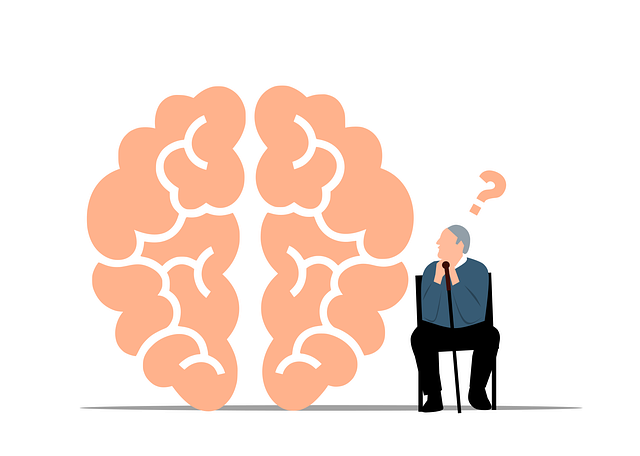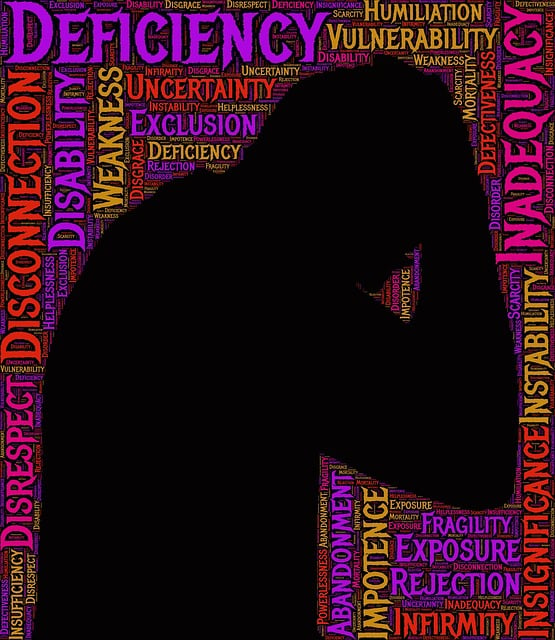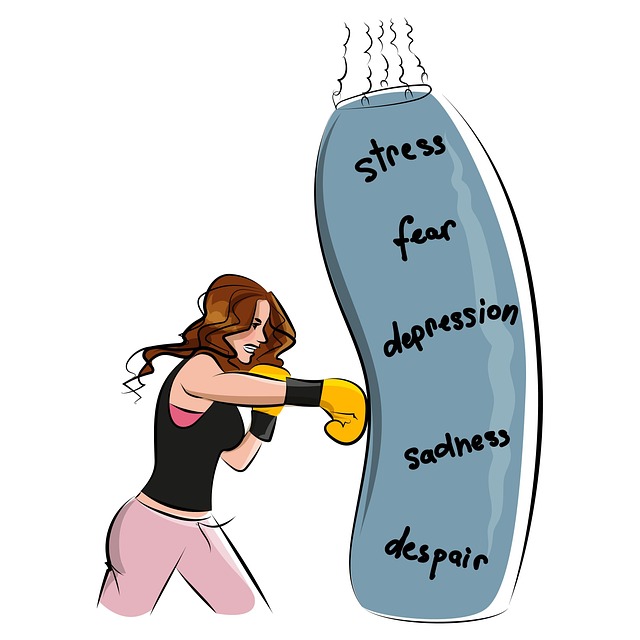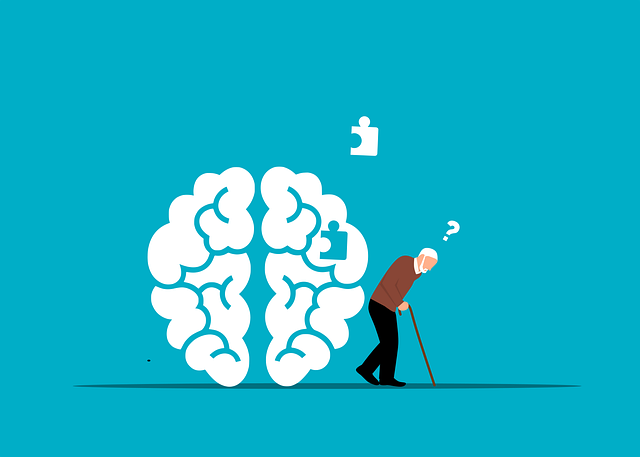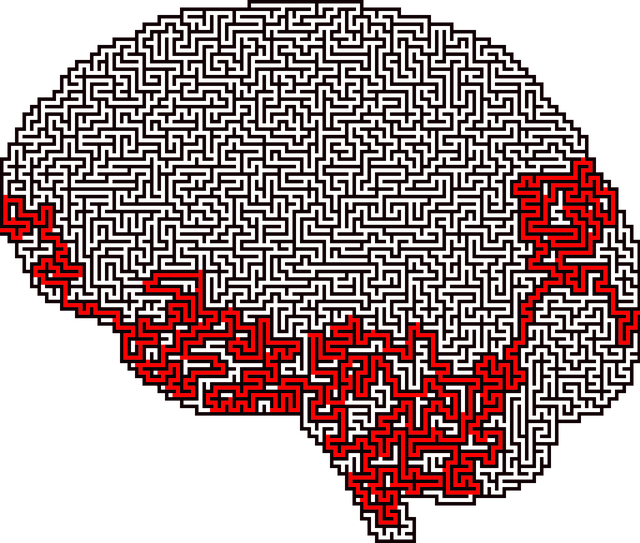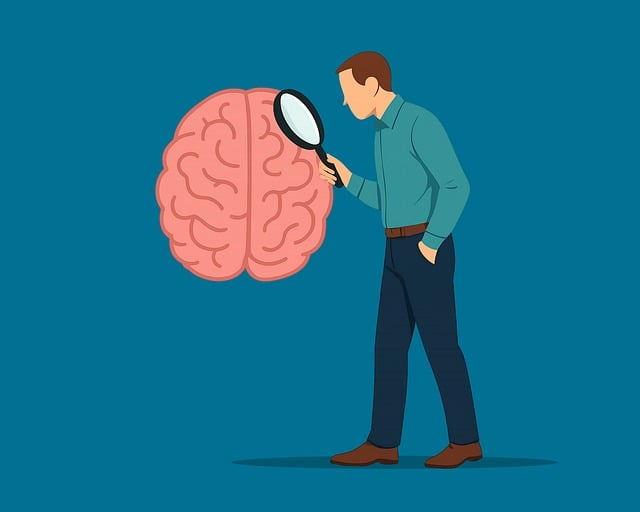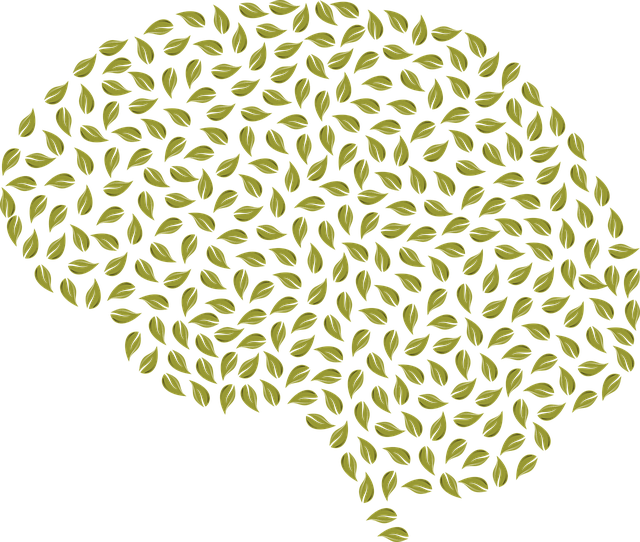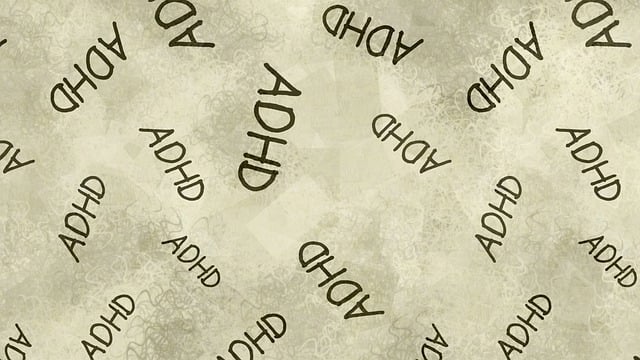Resilience, crucial for emotional well-being in adults with learning disabilities, is fostered by the RFM model, which identifies individual strengths to build upon. Tailored therapy exercises, including mindfulness, cognitive reframing, and social skills training, enhance coping mechanisms and self-awareness, reducing mental illness stigma. Comprehensive approaches like role-playing empower individuals to navigate challenges with increased self-efficacy, leading to improved emotional regulation, social skills, and overall mental health outcomes.
“Resilience, a key factor in mental well-being, is particularly vital for adults with learning disabilities who often face unique challenges. This article explores the powerful tool of RFM (Resilience-Focused Massage) and its role in building resilience in this population. We delve into effective exercises designed to empower individuals, enhance coping mechanisms, and improve quality of life, especially through tailored therapy approaches for adults with learning disabilities.”
- Understanding RFM and Its Role in Resilience Building for Adults with Learning Disabilities
- Implementing Effective Exercises to Foster Resilience
- The Impact of Therapy on Enhancing Coping Mechanisms and Quality of Life
Understanding RFM and Its Role in Resilience Building for Adults with Learning Disabilities

Resilience is a vital aspect of emotional well-being promotion techniques for adults with learning disabilities. The RFM (Strengths, Weaknesses, and Motivations) model offers a structured approach to understanding an individual’s unique abilities, challenges, and drivers. This tool can significantly enhance therapy for adults with learning disabilities by identifying their strengths as a foundation for building resilience. By recognizing and leveraging these strengths, support systems can assist individuals in navigating life’s difficulties more effectively.
Moreover, RFM plays a pivotal role in mental illness stigma reduction efforts. It helps foster self-awareness and acceptance by encouraging individuals to view their weaknesses as areas for growth rather than failures. This perspective shift contributes to burnout prevention, as it empowers people with learning disabilities to develop coping strategies that promote resilience and enhance their overall emotional well-being.
Implementing Effective Exercises to Foster Resilience

Implementing effective exercises to foster resilience is a critical aspect of therapy for adults with learning disabilities. These individuals often face unique challenges that require tailored strategies to build emotional and psychological strength. Professional therapists can design structured programs that incorporate various activities, such as mindfulness practices, cognitive reframing techniques, and social skills training, to enhance coping mechanisms. By integrating these exercises into therapeutic sessions, adults with learning disabilities can develop a deeper sense of self-awareness, learn healthy stress management strategies, and improve their overall mental health.
The design of mental health education programs plays a pivotal role in this process. Therapists should focus on creating engaging and interactive sessions that cater to diverse learning styles. Incorporating visual aids, hands-on activities, and group discussions can make the training more accessible and effective. Social skills training, for instance, can be enriched through role-playing scenarios and peer feedback sessions, enabling individuals to practice and refine their interpersonal abilities in a supportive environment. Such comprehensive approaches not only build resilience but also empower adults with learning disabilities to navigate life’s challenges with increased confidence and self-efficacy.
The Impact of Therapy on Enhancing Coping Mechanisms and Quality of Life

Therapy plays a pivotal role in empowering individuals with learning disabilities to develop effective coping mechanisms and significantly enhance their quality of life. Through tailored interventions, therapy provides a safe space for adults with learning disabilities to explore and understand their emotions, thought processes, and behaviors. This process is instrumental in fostering emotional regulation and social skills training, two critical components often lacking in the lives of these individuals.
Targeted therapy sessions, incorporating evidence-based practices, can significantly improve mental health outcomes. These programs design activities that promote self-awareness, teach coping strategies for managing stress and anxiety, and enhance overall resilience. By integrating emotional regulation techniques into daily routines, adults with learning disabilities can better navigate challenging situations, improve their interpersonal relationships, and ultimately lead more fulfilling lives.
Resilience building through RFM exercises offers a promising approach to significantly improve the coping abilities and quality of life for adults with learning disabilities. By integrating these strategies into therapy sessions, professionals can empower individuals to navigate challenges more effectively. The implementation of such exercises not only enhances their ability to manage stress but also fosters a sense of autonomy and well-being. This holistic method, combined with tailored therapy for adults with learning disabilities, has the potential to revolutionize support systems and create a more inclusive society.
